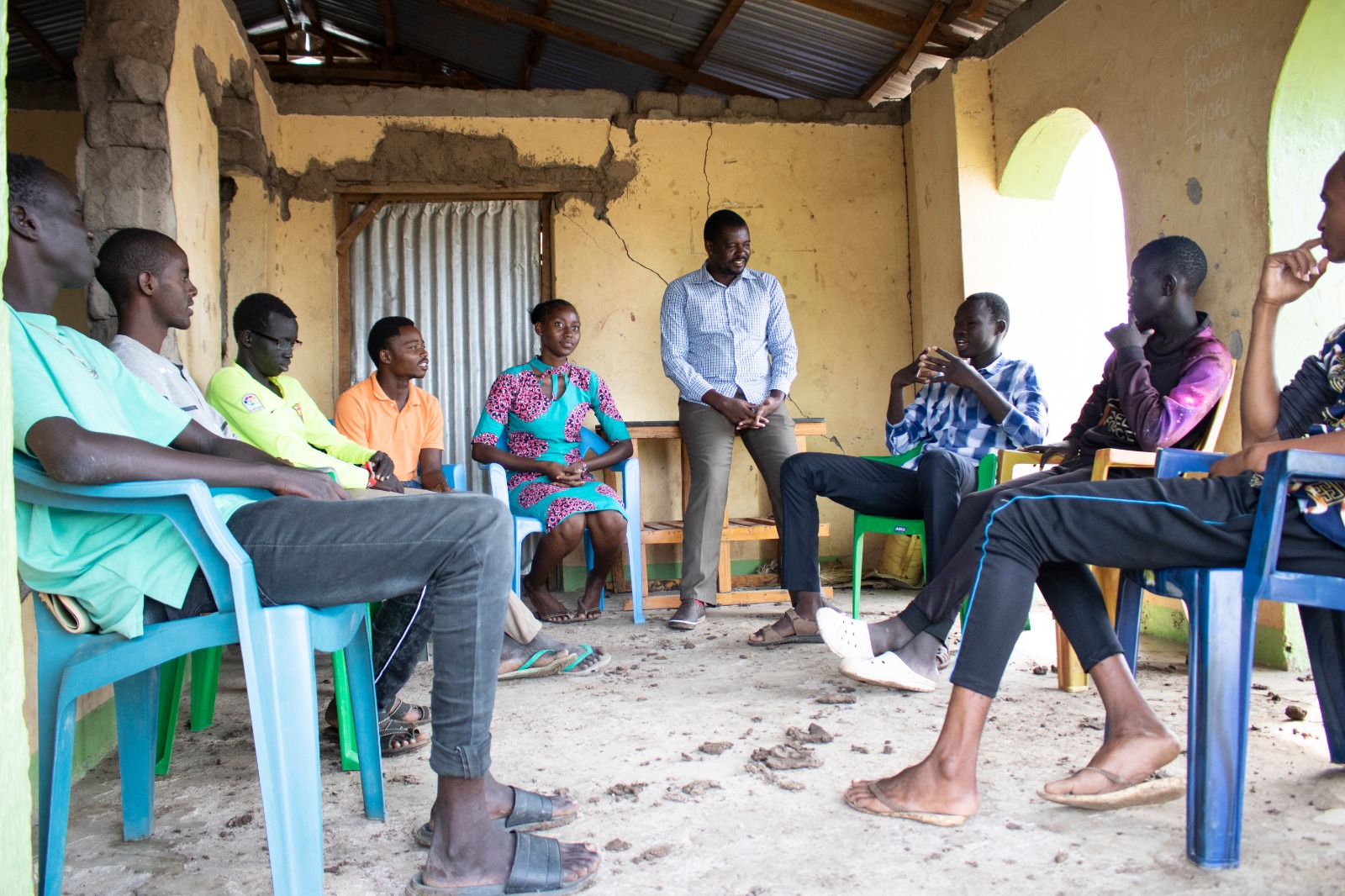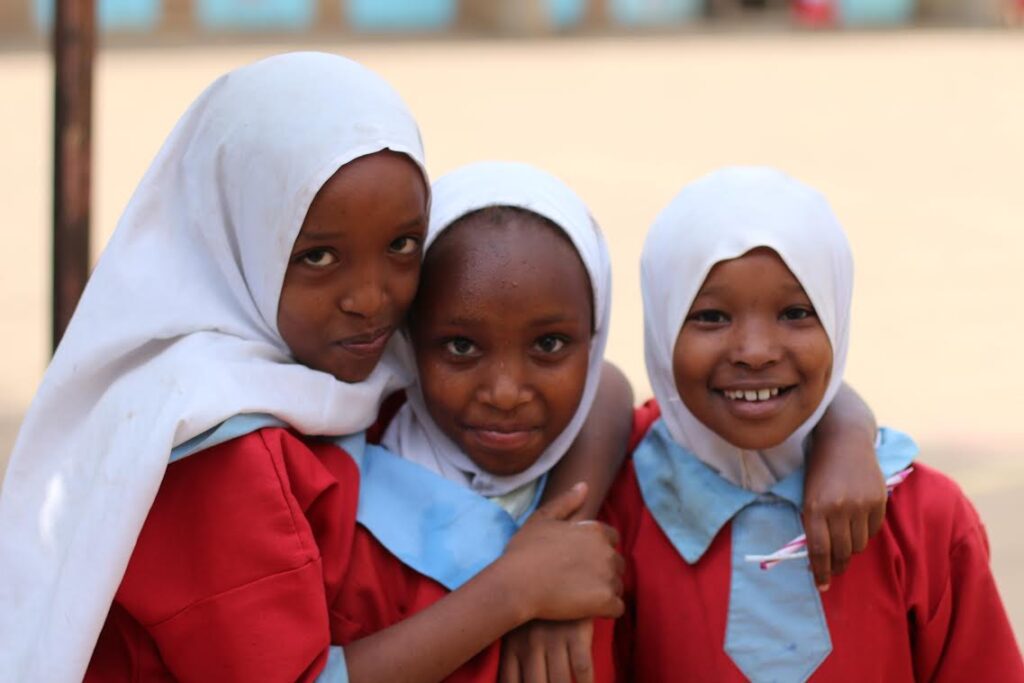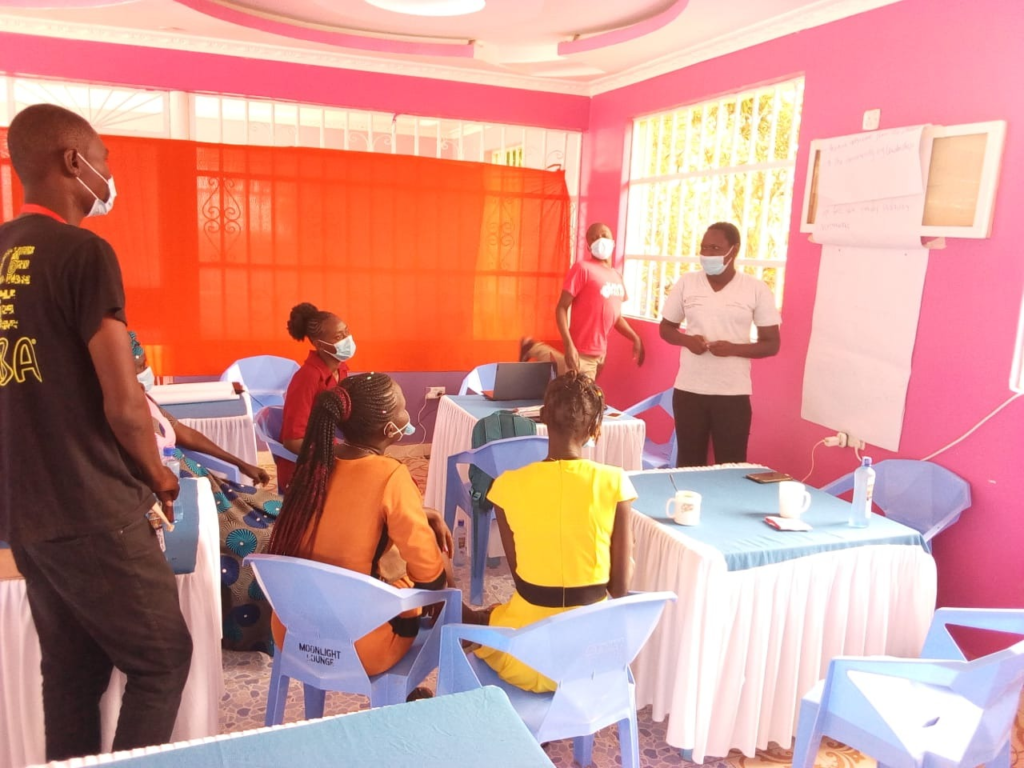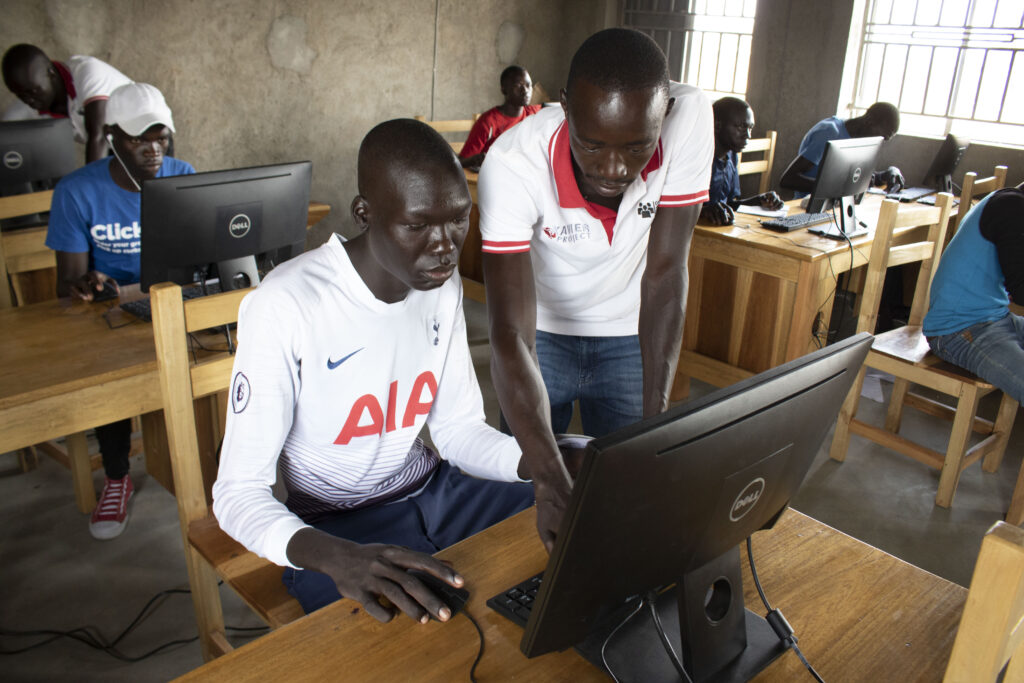The Covid-19 pandemic has been a crucially important time for refugees and those who join them in their cause. I believe that refugees are just people like you and me ,and they deserve to be treated with as much dignity and respect as any other human. I began my career at Xavier Project six years ago and through the years I have learned what it means to be a refugee through my extensive interaction with refugee-led organisations and the amazing refugees who run them. My role in Xavier Project has given me the opportunity to serve refugees and the host community in Kakuma Refugee Camp, where I would normally be working if not for Covid-19. Since 1992, Kakuma Refugee Camp has been home to over 192,000 refugees, mainly from Kenya’s neighbours in South Sudan and Somalia. Since then the town has developed significantly and that is mostly due to the presence of the refugees and the supporting humanitarian aid community. It is one of the largest refugee settlements in East Africa, and many young refugees were born there and have lived there their whole lives.
“I believe Kenya could do more to improve its policies towards the recognition and provision of citizenship for refugees.”
As we reflect on refugees and their situation regarding the Covid-19 pandemic, let us not cease to consider their situation in everyday life, and work on shifting our perspective towards refugees. Through my career and as an individual I want to eradicate what seems to be the conventional perception regarding refugees. Not only are refugees NOT a burden but they are also welfare-enhancing assets. Having the knowledge about the refugee experience means that we will be able to be more perceptive to their plight. Accepting, protecting, and empowering refugees is a win-win formula for the refugees themselves, the hosting community and more so for the country that is hosting them. It is a win for the refugees because the earlier a State commits to recognising and protecting the rights of refugees, the earlier they can move forward with their lives. Most importantly for the State, accepting and protecting them protects the most precious right of all, their right to life. Turning our backs to refugees, not making them feel welcome and eventually sending them back to their home countries, in many cases could be fatal for them. Accepting refugees is also a win for the destination country and the communities that host them. This is because refugees come with a lot of talent and skills such that providing them with the right opportunities can enable refugees to live productive lives in their host countries and subsequently boost the hosting community’s economic status. The faster they can integrate into the labor force, the faster they can become productive members of the host community and break away from the dependence on humanitarian aid. I believe Kenya could do more to improve its policies towards the recognition and provision of citizenship for refugees.
‘To which country do they truly belong?’
At Xavier Project, I have interacted with many refugees, many of them are born and raised in Kenya. As they grow up and interact with the Kenyans, they are mostly socialised into the Kenyan way of life more than their countries of origin. So for such a child the question ‘to which country do they truly belong?’ really lingers in their minds. They spend their lives being labelled as a refugee yet they should and can pass for a Kenyan. The only country they know and associate with in reality is Kenya, the said country of ‘origin’ is in theory and to them just like history. It may be a reality for their parents or guardians but not for the next generations. If the next generations are being socialised into Kenyan society, and the lifestyle that come with it, then why not accept and protect their future generations too.
The right to a nationality is a fundamental human right. It is the right of each individual to acquire change and retain a nationality. International human rights law states that the right of States to decide who their nationals are is not absolute and, in particular, States must comply with their human rights obligations concerning the granting and loss of nationality. Therefore, if acquiring citizenship by birth is not an option then there could be a need to explore the acquisition of citizenship by naturalization owing to the fact that those refugees born and raised in Kenya do not know any other country. While I know there is no policy in place to allow for the acquisition of citizenship or residence status by refugees regardless of their length of stay, I believe there is need to give room to such extreme cases, especially for second generation refugees, owing to the fact that they were born in Kenya and have lived in Kenya and desire to stay in Kenya permanently.
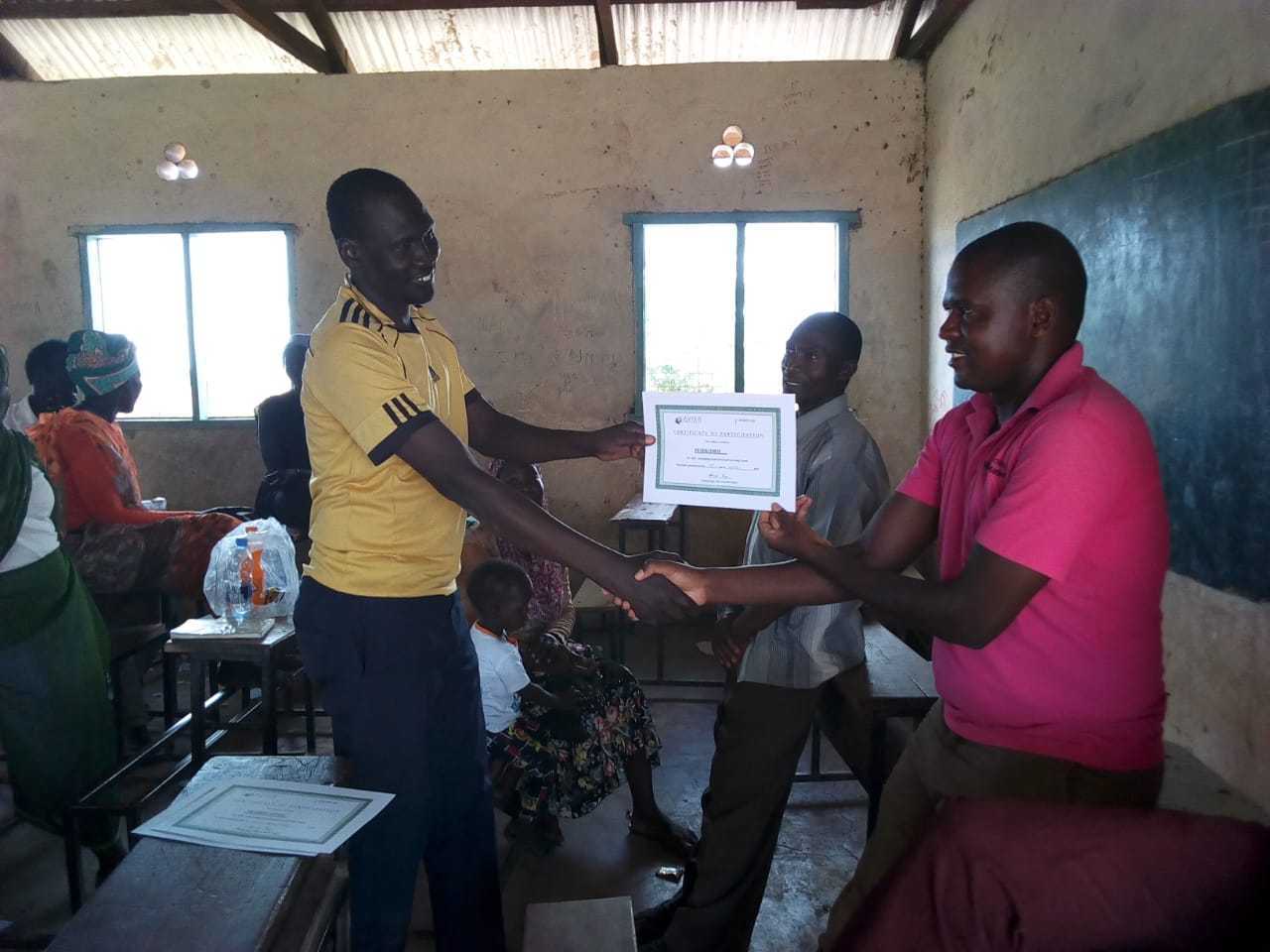
Paul in action working with the refugee community in Kakuma, Northern Kenya
The integration of refugees in the host countries is said to have three interconnected aspects, including legal, economic and social integration. Theoretically, this all looks plausible but in reality, the full integration of refugees into their hosting communities is not happening. Refugees still do not have as many freedoms as the citizens they reside with. In many cases acquiring a work permit is a great challenge to them hence they are not free to engage into meaningful employment despite their vast knowledge and experience of which they have acquired here in Kenya anyway.
“Theoretically, this all looks plausible but in reality, the full integration of refugees into their hosting communities is not happening. “
My mission in Kakuma is to support these refugees to define home in their own terms and not what is imposed on them. If they are born and raised in Kenya, then they are not refugees, neither are they stateless, they are Kenyans.
Sign-up for our mailing list at the bottom of our website, to keep up-to-date with the work we are doing to support refugee communities in Kenya and Uganda.

